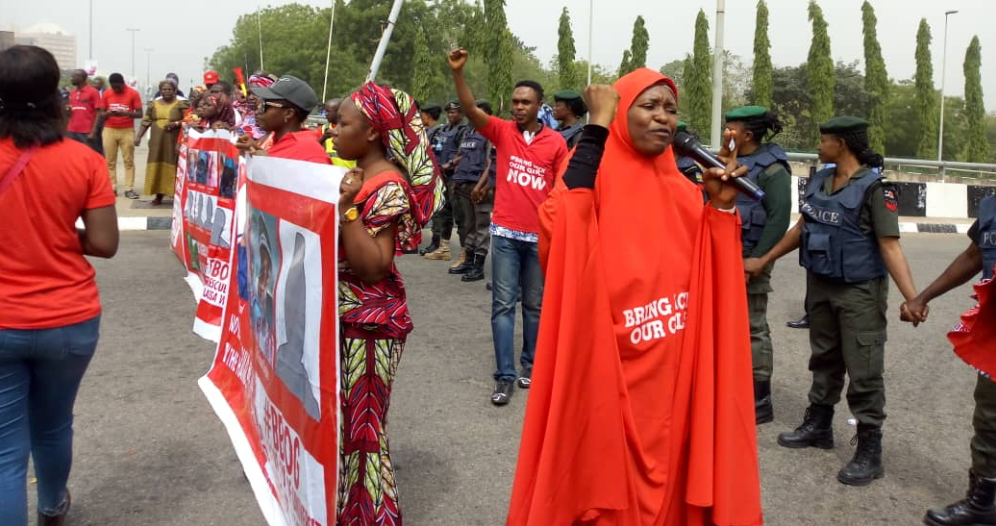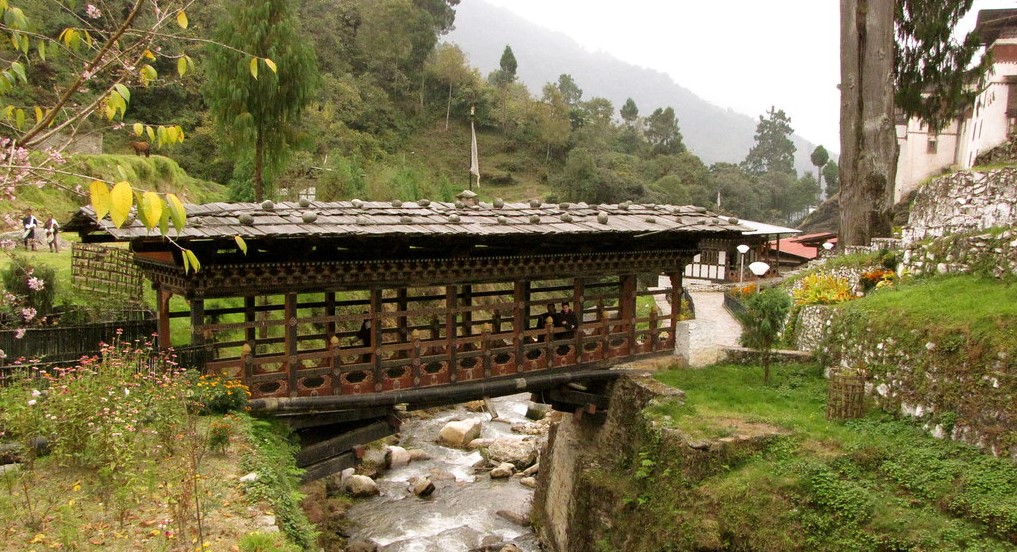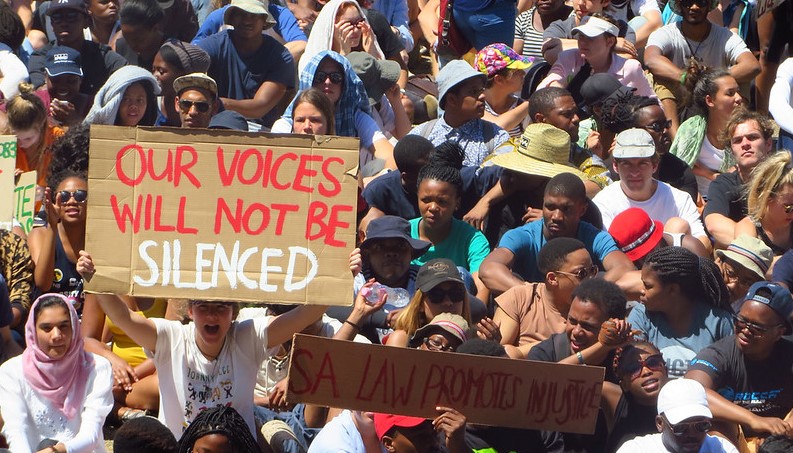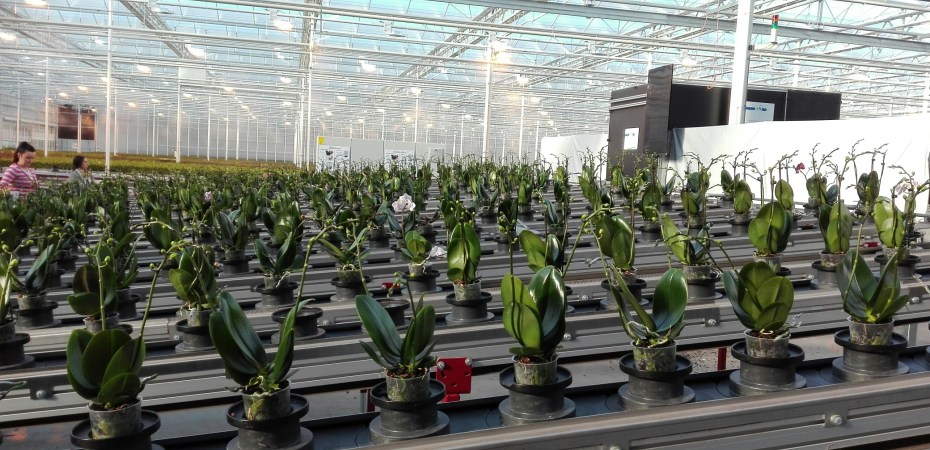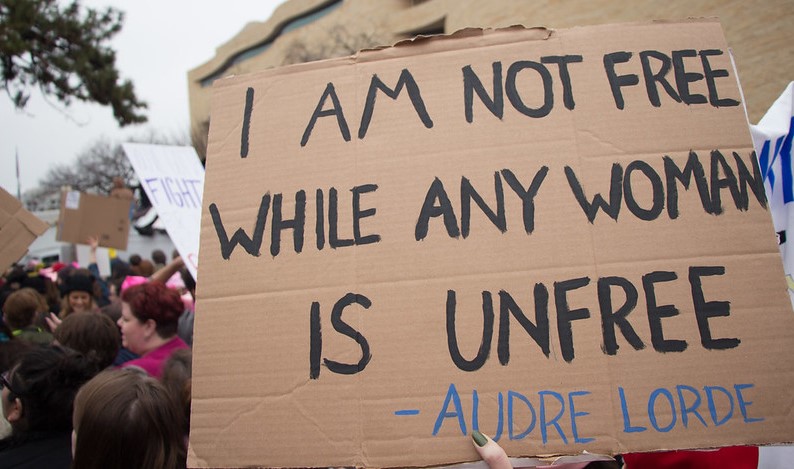By John Gaventa | EADI/ISS Blog Series
Over the last two decades, development has been replete with theories and interventions focusing on ‘empowerment and accountability’, and how these could contribute to a range of outcomes, be they good governance, social inclusion, and social justice. Much of the early thinking on these approaches emerged from examples in countries which were then relative open, enjoying perhaps an opening of democratic spaces and opportunities, and a flourishing of civil society – one thinks for instance of Brazil, Philippines, Indonesia, India, South Africa and more? Continue reading “Rethinking Empowerment and Accountability in ‘Difficult Settings’”

